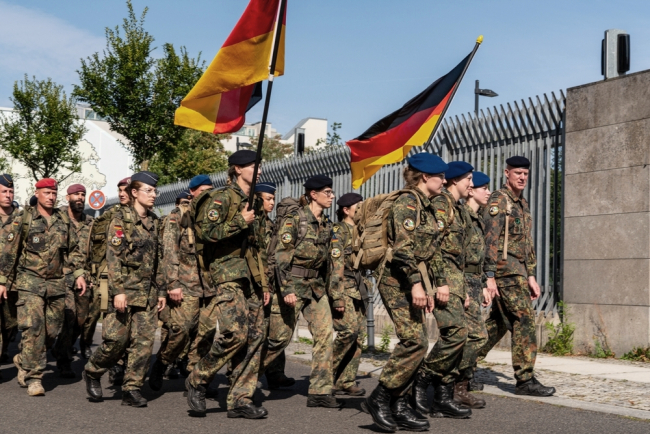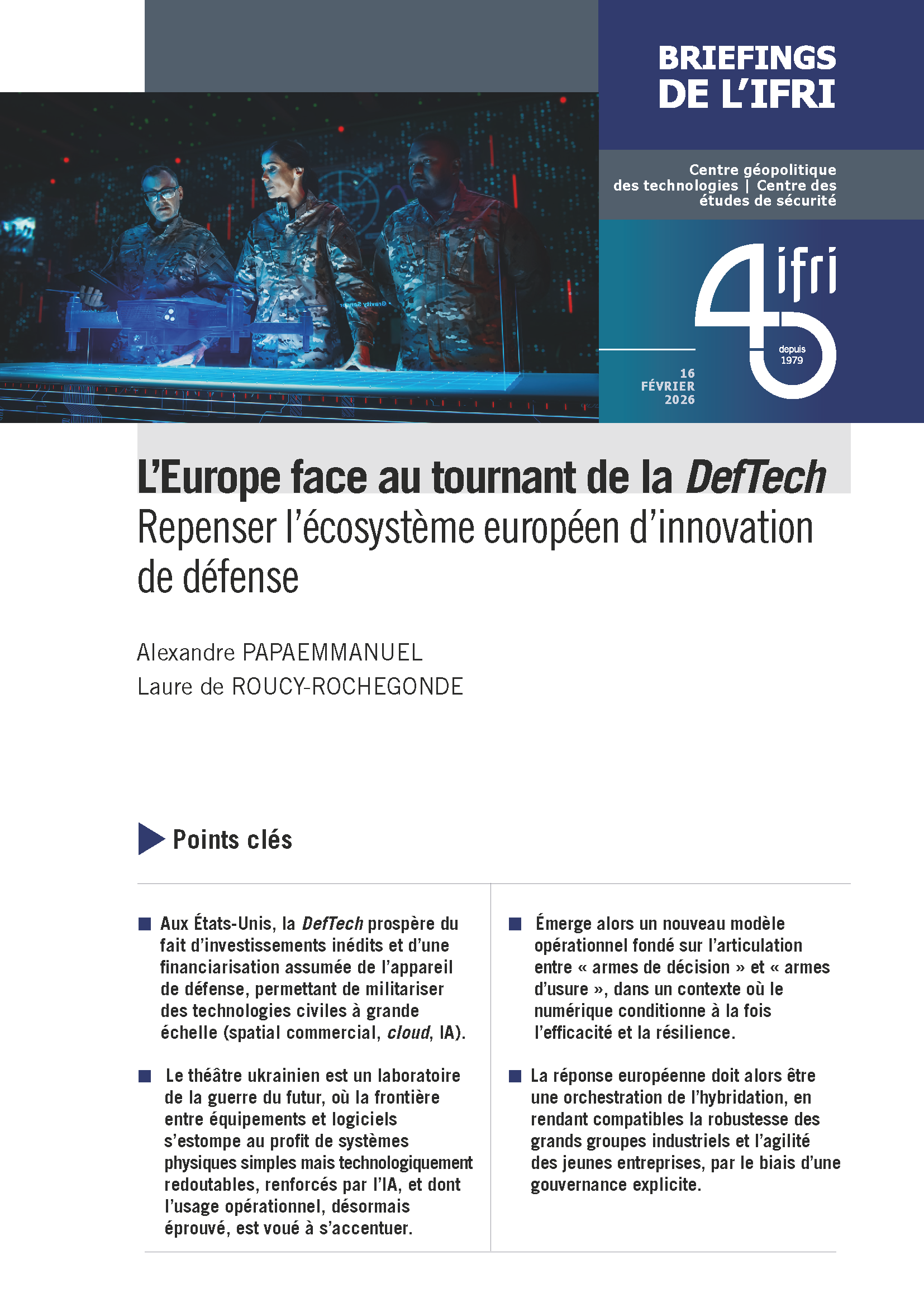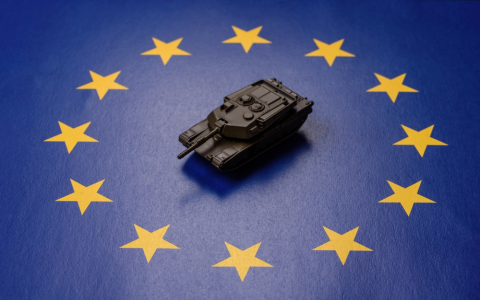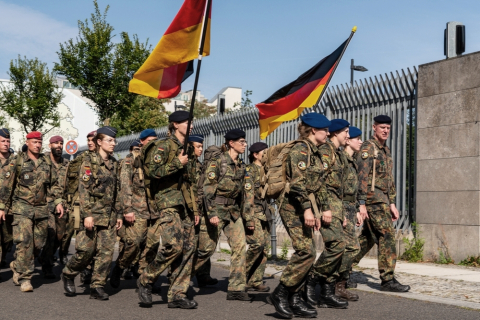Distribution : the forgotten constellation of the European power network

Informations pratiques
Thématiques et régions
Centres et programmes liés
Ceci est un événement réservé.
En savoir plus sur nos programmes de soutienAs part of the Ifri Energy Breakfast Roundtables series, a seminar with Valérie Le Peltier, Pôle Utilities Programme Smart Cities, Orange, Jean-Baptiste Galland, Director Strategy and Smart-Grids, ERDF Distribution, expert CEZ Distribution (to be confirmed)
Chaired by: Maïté Jauréguy-Naudin, Director of the Center for Energy, Ifri and Jacques Lesourne, President of the Scientific Committee of the Center for Energy, Ifri.
When debating the needs for more infrastructures as an answer to RES integration, political attention was mostly turned to transmission grids. The costs are however bore by distributors.
Distributors are in fact now in charge of connecting thousands of little PV producers to the grid, and they have to carry out the deployment of smart meters. In sum, they are in the heart of the overall conversion process of a system once based on consumers ("withdrawals") rather than producers ("injections").
The entire value chain is actually being challenged: consumers are now becoming producers as well and the interaction among actors-consumers, suppliers and distributors will be more complex as new activities, such as information management, could be managed by service companies. Smart meters, which should give access to realtime measures, will be pivotal to ensure the adequate transmission of information in this new system.
How can national and European legislation support this transformation? What are the costs and how these will be managed by Distribution System Operators? What will be the more transparent and effective way for all the actors involved in the value chain to interact? How should sensitive information be best managed in the process?
Replay
Sujets liés
Autres événements

Chaînes d’approvisionnement des véhicules électriques au Japon et en Europe : quels défis ?
La sécurité économique vise à garantir la résilience des chaines approvisionnements des industries clés : le cas des productions de véhicules électriques au Japon et en Europe sera discuté.

Quelle politique de défense en Allemagne ?
Face à la guerre en Ukraine et à l’instabilité géopolitique en Europe dans un cadre transatlantique perturbé, l’Allemagne a amorcé un tournant majeur dans sa politique de défense, avec une hausse significative des dépenses militaires, la modernisation de la Bundeswehr et le débat sur un éventuel retour du service militaire obligatoire.

Quel partenariat technologique avec l’Inde ?
Le 16ème Sommet UE-Inde, qui s’est tenu le 27 janvier à New Delhi en présence des dirigeants européens António Costa, Ursula von der Leyen, et du Premier ministre Narendra Modi, marque un tournant dans le renforcement des liens entre l'Union européenne et l'Inde. Parallèlement, les visites bilatérales se multiplient, à l’image de celle du Président français qui s’est rendu en Inde mi-février pour participer au Sommet sur l’Intelligence Artificielle.








